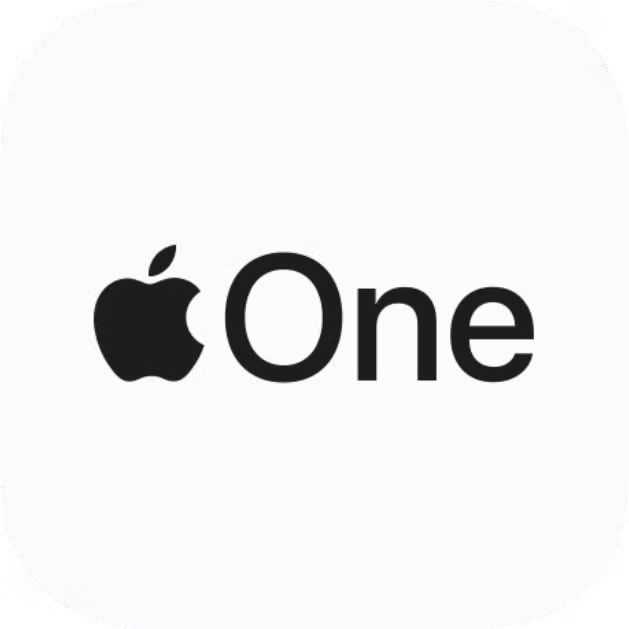- 3 TB Storage
- Need account access
- Personal account activation
Dropbox Storage Subscription
Dropbox is a cloud-based file storage service that enables users to save files online, sync them across devices, and share them easily with others. Launched in 2008, Dropbox has evolved to offer features suited for both personal and business users, including storage, collaboration tools, and file-sharing capabilities that make it a top choice for cloud storage. Dropbox is renowned for its simplicity, making it easy for anyone to save and retrieve files. It also offers cross-platform syncing, meaning you can access files from multiple devices without any issues. This convenience, combined with strong data protection measures, makes Dropbox storage a popular choice among millions worldwide.
Dropbox offers a range of plans to meet various storage needs, from the free Basic plan to advanced options like Dropbox Professional and Business. Each plan comes with specific features and storage limits, allowing users to choose based on their unique requirements.
Free vs Paid Plans
The free plan, Dropbox Basic, offers 2GB of storage space, which is often sufficient for light users. For those needing more, paid options like the Plus and Family plans provide larger storage spaces, with the Professional plan offering a whopping 3TB. Business plans, designed for teams, offer additional admin tools, advanced security, and scalable storage solutions.
How to Maximize Dropbox Storage
For those who rely heavily on Dropbox, making the most of the available storage can make a difference.
Managing Space Efficiently
One of the best ways to make space is by deleting files that are no longer needed or archiving them outside Dropbox. Dropbox’s built-in storage manager tool can help identify large files and clear duplicates.
Using Dropbox Smart Sync
Smart Sync is one of Dropbox’s standout features, allowing users to mark files as “online-only.” This stores the files on Dropbox servers while displaying them in your file directory, thus freeing up local storage on your devices.
Understanding Dropbox Backup Options
Dropbox Backup is an optional feature that allows users to back up their computers automatically. This feature not only helps free up space but also ensures that essential files are recoverable in case of a computer failure.
Dropbox Integrations
Dropbox integrates seamlessly with many popular productivity tools, adding value for users looking to streamline their workflows.
Integrating Dropbox with Other Tools
Dropbox’s integrations with Microsoft Office, Google Workspace, Slack, and Zoom make it easy to access, share, and collaborate on documents across platforms. These integrations simplify workflow management, making Dropbox an asset for businesses that rely on these tools.
Dropbox for Business and Teams
Dropbox Business offers features tailored for team collaboration. With admin controls, user management, and a shared workspace, Dropbox Business ensures teams can work efficiently without compromising on security.
Tips for Dropbox Security
Security is a primary concern for cloud storage users, and Dropbox takes proactive measures to protect data.
Setting Up Two-Factor Authentication
To enhance account security, Dropbox offers two-factor authentication (2FA). By activating 2FA, users add an extra verification layer, making it harder for unauthorized individuals to access their accounts.
Best Practices for Secure File Sharing
When sharing files, it’s advisable to set permissions. Dropbox allows users to set link expiration dates and password-protect shared links, providing better control over file security.
Common Dropbox Storage Issues and Solutions
Like any cloud service, users may encounter issues with Dropbox. Here’s a look at some common challenges and ways to resolve them.
Troubleshooting Dropbox Syncing Problems
Dropbox syncing issues can arise due to network interruptions or outdated software. Ensuring a stable internet connection, updating the Dropbox app, and clearing cache can resolve most syncing problems.



